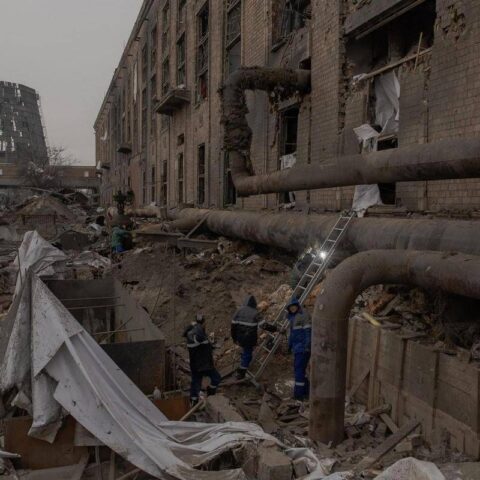(Adnkronos) – The Iranian Parliament has formally requested changes to a contested bill that drastically tightens penalties against women who do not wear the veil and on which even the president, the reformist Masoud Pezeshkian, has expressed strong doubts, intervening in the debate that the proposal has sparked in the country.
“We have asked that the law on chastity and hijab not be forwarded to the government” for final signature, said Iranian Vice President for Parliamentary Affairs Shahram Dabiri, quoted by the Isna news agency. “The speaker of parliament has asked for an amendment to the bill,” Dabiri added, without providing details on the requested changes.
The bill “on supporting the family through the promotion of the culture of chastity and hijab” is made up of 74 articles and was supposed to come into force on December 13. Its content has not been made public, but according to the Iranian press it provides for penalties of up to 10 years in prison and a fine of around 5,700 euros for those who incite “nudity” or “indecency.” The penalties will have to be paid within 10 days, under penalty of a ban on leaving the country and the deprivation of some services, including the issuance of a driving license. The police are also given the power to use artificial intelligence to identify unveiled women, using cameras.
The bill was already approved by Parliament in September 2023 and then by the Guardian Council. According to the Constitution, the government can ask Parliament to make changes to it, before promulgation.
The crackdown on the veil had been promoted by the previous presidency of the ultra-conservative Ebrahim Raisi, who died in a helicopter crash last May, following the anti-government protests that broke out in September 2022, following the death in police custody of Mahsa Amini, also against the strict dress code envisaged for women in the Islamic Republic. Amini had been arrested for an alleged violation of the code.
In early December Pezeshkian publicly expressed “reservations” about the text of the new law, speaking of numerous “ambiguities.” For Amnesty International, the law would “further deny the human rights of women and girls, introducing the death penalty, flogging, prison sentences and severe penalties to quell resistance to compulsory veiling.” Since the 1979 Islamic Revolution, women in Iran have been required to cover their hair in public, but increasingly, after the death of Mahsa Amini, they do not comply with the obligation as a sign of defiance against one of the ideological pillars of the Islamic Republic.




